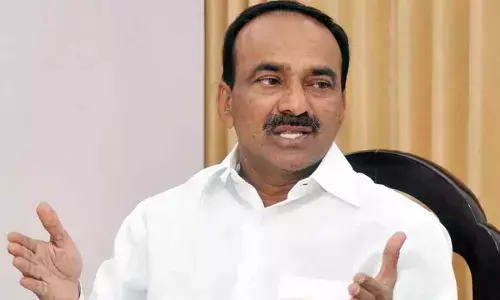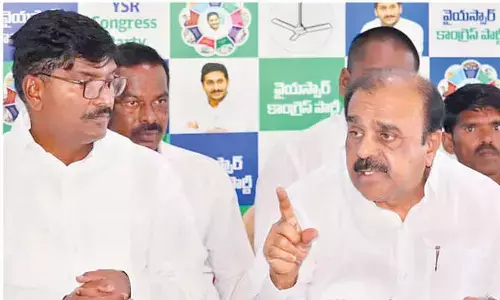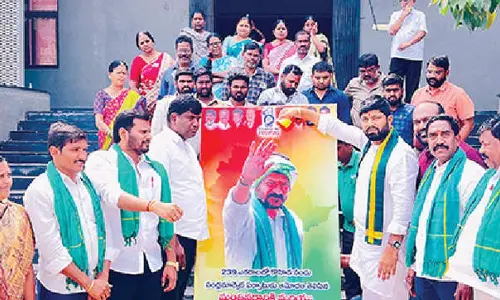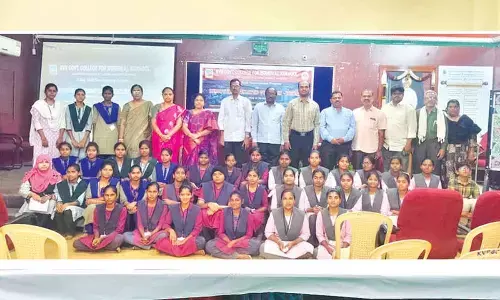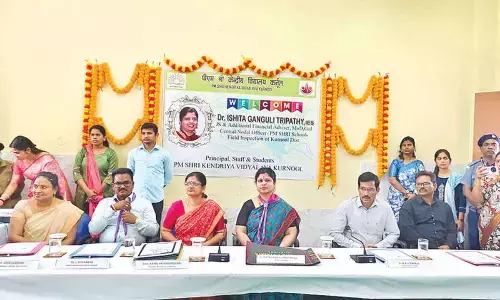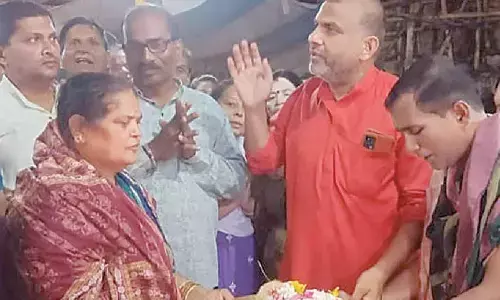Podcasting as a medium: Opportunities and challenges in India
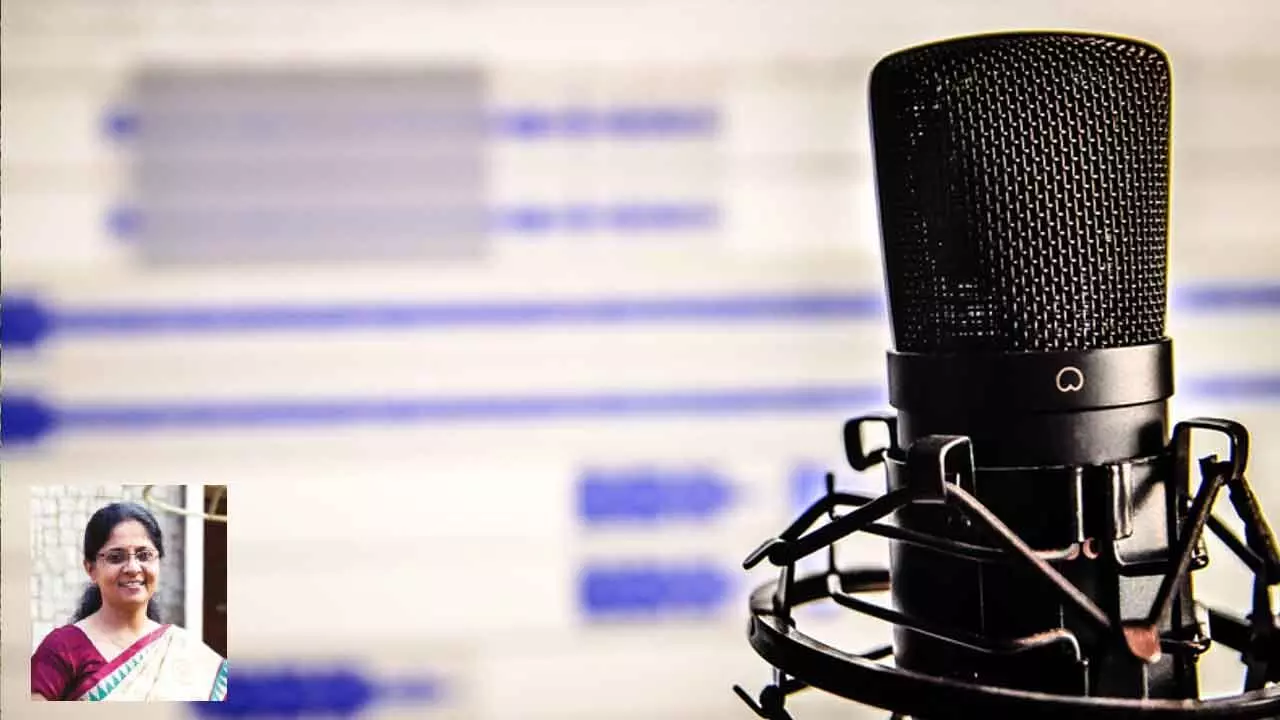
While radio is a background medium, in the digital world, podcasting has become a foreground medium. Podcasts have their benefits, they engage audiences globally, provide listener flexibility, and also offer individual engagement. It is an intimate medium due to the way it connects with its listeners at a deeper level.
In India, podcasting is seeing a significant surge in popularity, driven by increased smartphone penetration, affordable data rates, and a growing appetite for diverse and on-demand content. As this medium continues to evolve, it presents unique opportunities and challenges specific to the Indian context.
Opportunities
• With a significant Indian population being under 35, podcasters have an expansive market.
• An advantage for podcasters is our linguistic diversity. Creating content in regional languages can tap into large, underserved audiences. This multilingual approach can increase strong local listener communities.
• India provides an opportunity to explore a variety of content themes that resonate with culture. The social, and cultural content could range from sports to cinema to cooking, regional folk to spirituality or self-improvement. It offers something for everyone, varied in age, gender, or walks of life.
Kannada language podcaster Badekkila Pradeep echoes these sentiments. “I wanted to inspire myself and also inspire my listeners through my podcasts. While my approach to podcasting might look a bit different from the ones that are on various social media platforms these days, ultimately, I feel they all bring about an open space for people to consume the content of their liking.” Pradeep has been an active weekly podcaster for over three years. He discusses the rich cultural heritage and history of India in one podcast and has motivational content in the other podcast.
Moreover, if podcasters gain traction, it will become an emerging market for advertisers. Podcasting has the potential to reach a targeted audience and advertisers would tap into the engaged and loyal audience. The Media and Entertainment sector report by FICCI (2024) also notes that in India ‘podcasting has gained scale but monetisation remained limited.’
Challenges in podcasting
• Podcasting being relatively new and resembling the radio, creating awareness and educating the listeners about its potential, value, and accessibility is a significant challenge.
• For an upcoming podcast, it can be a discoverability challenge. Popular platforms such as Spotify, JioSaavn, and Apple Podcasts and their algorithms can make it difficult for new podcasts to be discovered by listeners. Curating content effectively remains crucial for discoverability.
• Being an audio-only format, people tend to not pay attention to technical and production quality. Independent podcasters will need to invest in setting up professional recording and editing setups. Maintaining good standards is essential to attract and retain listeners.
• Investing time in research and tailoring the content of the podcasts is necessary, keeping in mind the listener appeal. A deep understanding of the local cultural nuances will aid in grabbing the local tastes and preferences.
Podcasting in India has immense potential. The opportunities to engage with a large, diverse, and growing audience are plentiful, particularly through multilingual and culturally resonant content.
Podcasters who can balance creativity with strategic planning and quality production can make a significant impact in this evolving medium.
An extraordinary impact of podcasts is that as the overall listenership grows, individual engagement grows too. When the podcasting ecosystem matures, it promises to be a vital part of India’s digital content landscape, offering rich and varied experiences for both creators and listeners.
(The author is Professor at Manipal Institute of Communication, Manipal)


